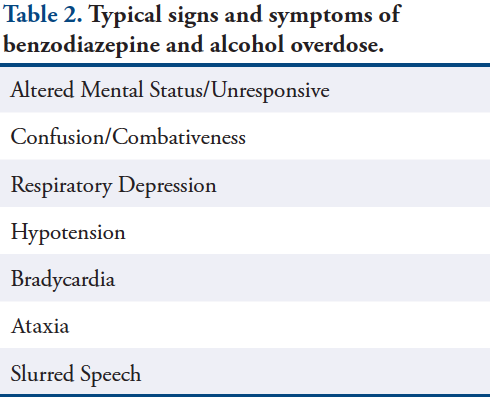

The usefulness and effectiveness of medicating before sleep typically decrease with chronic use so, for most people, it is important to only take the medication as needed for insomnia. Patients generally report that the use of the medication gives them a feeling of both a refreshing and deep sleep. They do not affect the normal secretions of hormones that occur during usual sleep. They also decrease the number of times you wake up during sleep and decrease stage 0 sleep (which is a sleep stage in which you are considered "awake").Īccording to sleep studies, they also reduce stage 4 and REM sleep. When taken before bedtime, they reduce what is known as sleep latency, otherwise known as the time to fall asleep. One of the most common uses of benzodiazepines is for sleep.

As doses of benzodiazepines are increased, sedation turns into hypnosis. When drugs bind to this neurotransmitter, it produces a variety of effects including but not limited to sedation, hypnosis, decreased anxiety, relaxation, amnesia, and anticonvulsant activity. Specifically, they bind to an inhibitory neurotransmitter in the brain known as GABA (Gamma-Aminobutyric Acid).


They are typically classified as central nervous system depressants. How Do Benzodiazepines Work?īenzodiazepines exert their effects based on actions within the central nervous system. Now that we have every benzodiazepine listed, we want to discuss in depth the many different aspects of them including how they work, side effects, dependence problems, and withdrawal symptoms.


 0 kommentar(er)
0 kommentar(er)
